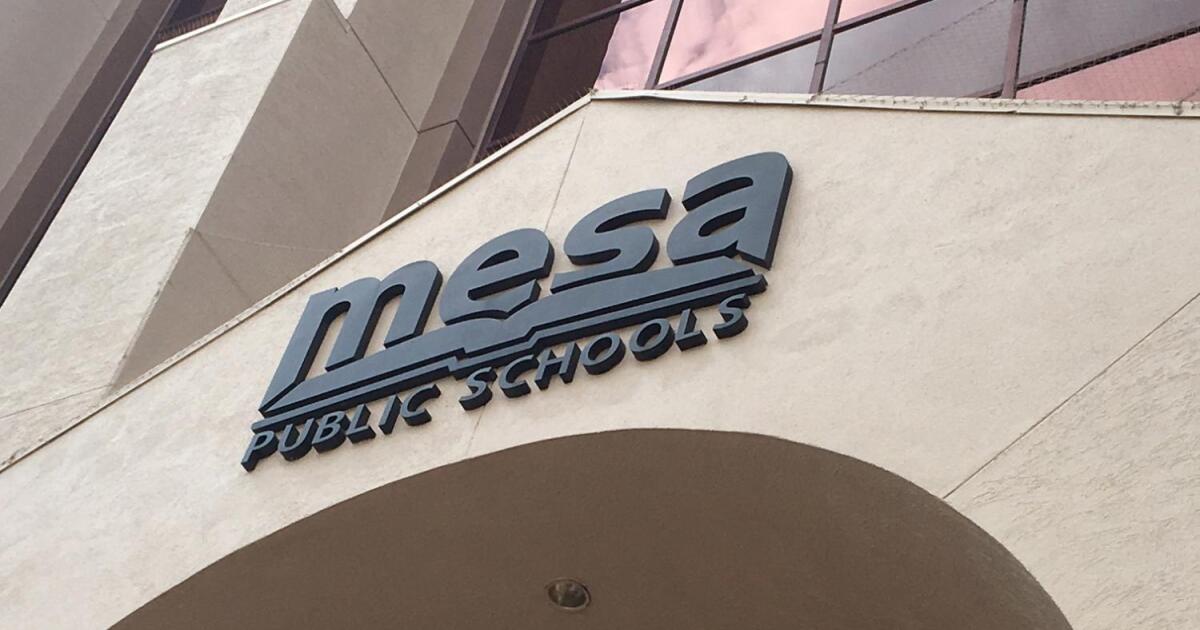Michigan’s Push for Transparency: A Political Shift in Lansing
In a surprising turn of events, Michigan’s legislative landscape is experiencing significant movement towards greater transparency. This shift, which typically aligns with the annual “Sunshine Week” dedicated to government openness, appears to have arrived early this year, particularly in Lansing.
Recently, the Michigan Senate approved bills that would extend Freedom of Information Act access to lawmakers and the governor’s office. Concurrently, the House adopted new rules for early public disclosure of budget earmarks, commonly referred to as ‘pet projects’ or ‘pork’. Additionally, legislation has been introduced to prevent legislators from signing non-disclosure agreements.
Remarkably, these legislative efforts have been embraced bipartisanly, with the non-disclosure agreement bills being sponsored by both ends of the political spectrum. This marks a significant stride for Michigan, a state that received an “F” grade in a 2015 national evaluation of state ethics and transparency by the Center for Public Integrity and Global Integrity. Yet, despite previous setbacks, there have been persistent efforts from lawmakers to enhance transparency.
For over a decade, progressive Democrat Jeremy Moss and conservative Republican Ed McBroom have championed the FOIA bills, first as state Representatives and currently as state Senators. While their political views diverge on most topics, they unite on the principle of open government. Moss emphasized this sentiment, stating, “I don’t know what more we could say to make the case for [this legislation], because the bad behavior and the darkness over this Capitol building makes the case better than we can.”
Despite the Senate’s progress on these bills, Republican House Speaker Matt Hall has delayed further action in the House, a perplexing move given his past support for similar legislation. This has sparked curiosity and speculation about the motives behind this decision.
Craig Mauger from The Detroit News, known for his extensive coverage of Michigan’s open government efforts, joined the discussion on the It’s Just Politics podcast. Explaining the current momentum for transparency, Mauger noted, “What’s gotten us to this point, where [transparency] is now at the forefront, is we’ve had a number of scandals.” He pointed out that past controversies involving budget dealings and government operations have fueled public demand for transparency.
As the push for transparency continues, many are hopeful that this year will mark a turning point for FOIA reform in Michigan. Given the state’s history with transparency issues, there is cautious optimism that these recent efforts will lead to meaningful change.
Upcoming Elections Stir Interest
As Michigan looks towards the 2026 elections, political dynamics are shifting. Genesee County Sheriff Chris Swanson has announced his candidacy for Governor, joining other notable figures like Jocelyn Benson and Mike Duggan. The political field is becoming more crowded and competitive.
Matt Hall’s Influence
House Speaker Matt Hall is influencing Lansing’s legislative agenda, with proposals on roads funding and other policies. His leadership has set a new tone in the Capitol, challenging Governor Whitmer on various fronts.
Democratic Pushback Against Trump
In response to the Trump administration, Michigan Democrats are mobilizing, with rallies and calls for action against the president’s policies. This movement reflects growing dissent among progressive circles in the state.
—
Read More Michigan News










